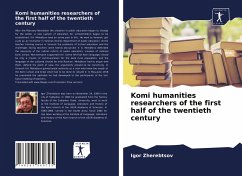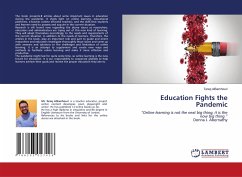After the February Revolution the situation in public education began to change for the better. A new system of education for schoolchildren began to be established. V.A. Molodtsov took an active part in this. He went to Yarensk, got a job as an instructor in Yarensk district department of public education. At the teacher training course in Yarensk the problems of school education and the challenges facing teachers were keenly discussed. V. A. Molodtsov defended the necessity of the radical reform of public education, creation of national Komi school. Not everyone supported him. Some felt that Komi language should be only a means of communication for the dark rural population, and the language of the cultured should be only Russian. Molodtsov had to argue with them, defend his point of view. His arguments proved to be convincing. In Yarensk V.A. Molodtsov gained great authority as a man who knew the needs of the Komi school and knew what had to be done to rebuild it. In May-June 1918 he presented the alphabet he had developed to the participants of the Ust-Sysol meeting of teachers.Translated with www.DeepL.com/Translator (free version)
Hinweis: Dieser Artikel kann nur an eine deutsche Lieferadresse ausgeliefert werden.
Hinweis: Dieser Artikel kann nur an eine deutsche Lieferadresse ausgeliefert werden.








